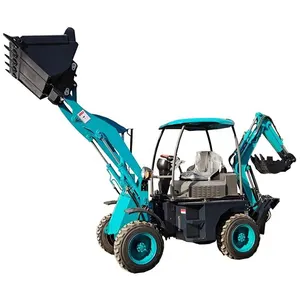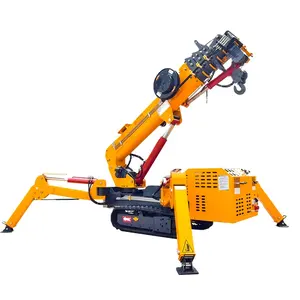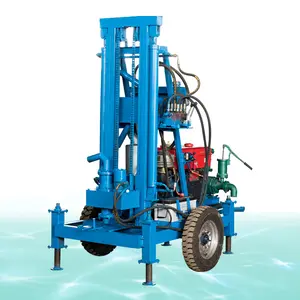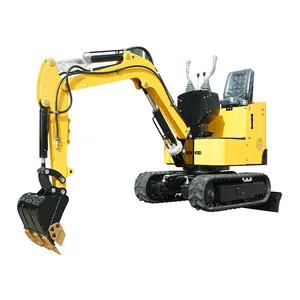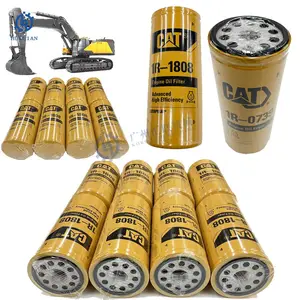Popular in your industry



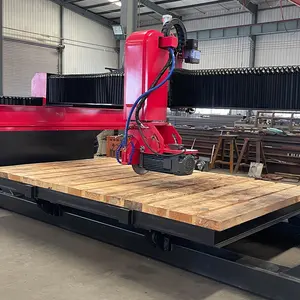



































































Related Searches:






















































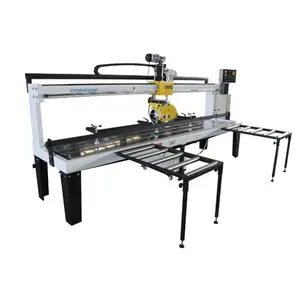






































































Top categories
About corian cutting machine
Introduction to Corian Cutting Machines
Navigating the world of stone fabrication, the Corian cutting machine stands out as a specialized tool designed for precision and efficiency. This category encompasses a range of equipment tailored for cutting solid surface materials, commonly used in countertops, vanities, and other custom surfaces.
Types of Corian Cutting Machinery
The diversity in Corian cutting solutions includes CNC routers, bridge saws, and waterjet cutting systems. Each type serves a unique function, from intricate designs to straight cuts. CNC routers offer programmable precision, bridge saws provide robust cutting capabilities for thicker slabs, and waterjet systems deliver intricate cuts with a high-pressure water stream.
Applications and Features
Corian cutting machines are integral in creating detailed and finished products. Their applications span from kitchen countertops to commercial facades. Features such as adjustable cutting speeds, dust suppression systems, and cooling mechanisms are pivotal, ensuring adaptability to various design requirements and material densities.
Materials and Precision
While primarily used for Corian, these machines can also handle materials like quartz, marble, and granite. Precision is paramount in Corian cutting machines, with components like diamond-tipped blades and advanced calibration systems ensuring accuracy in every cut.
Advantages of Advanced Corian Cutting Equipment
The advantages of using advanced Corian cutting equipment include enhanced productivity, reduced material waste, and the ability to execute complex designs. These machines are engineered to meet the demands of both small-scale artisans and large-scale production facilities, balancing speed with meticulousness.
Selecting the Right Corian Cutting Machine
Selecting the right machine involves considering factors such as material compatibility, size of the machinery, and the specific cutting technology it employs. Prospective buyers should assess the technical specifications, such as power requirements, cutting dimensions, and automation features, to ensure the equipment meets their production needs.
